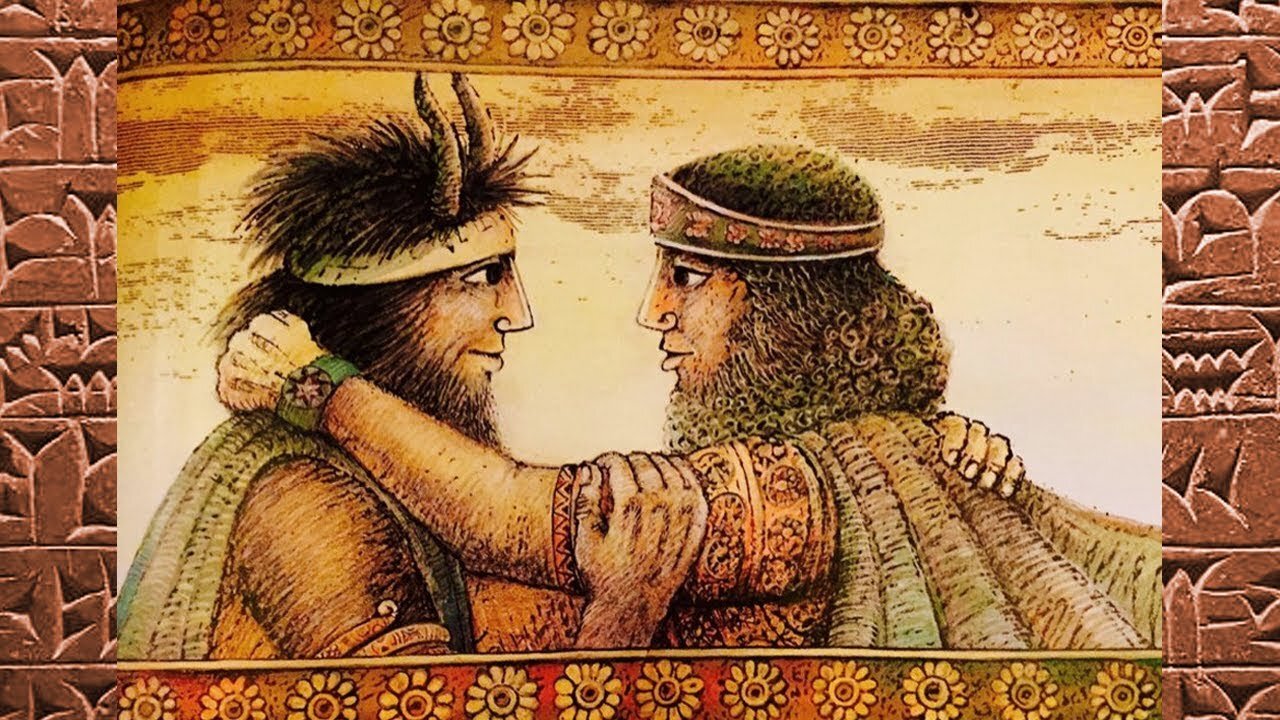I’d been told he was the most important public relations guy in the world. He’d called to invite me to come see him at his offices in New York. I learned that his company occupied an entire floor in one of the most iconic buildings in the city. After the long ride up alone in the designated elevator, a man in a dark suit was awaiting me when the doors opened. “We’re glad you could come. We know how busy you must be.” He escorted me down the long wide hall to the most massive private office I’d ever seen, an open space the size of an entire mid modern home, appointed with beautiful furniture, rugs, and lamps to the point that it was hard to take it all in. The man himself was waiting for me, and welcomed me with a booming voice and firm handshake. “Sit, sit, and be comfortable.” He gestured me over to a large sofa behind a low glass table festooned with top journals like Foreign Affairs, as well as some of the more high-toned intellectual magazines of the day.
After a few pleasantries, he got right down to business. “Let me tell you what’s on my mind,” he said. I couldn’t imagine. I was a professor of philosophy at the University of Notre Dame, and my first general interest book had just been published. There had been a surprisingly long book tour, where I sat in middle seats in coach on more flights than I could count but oddly stayed in nearly every great Ritz Carlton in the country the nights before visiting some amazing bookstores. I had done most of the big “Good Morning San Diego,” and “Good Morning Chicago, Dallas, Detroit” type programs on television around the country, culminating with the most popular live national morning show at the time, and had visited lots of great radio stations along the way. It was like being shot out of a cannon. And here I had landed in this huge gigantic glass-walled office overlooking the world. My host spoke again.
“I thought it was going to be Johnny Carson who brought wisdom back into our broader culture. He certainly had the attention of the nation and he cared about ideas. Everybody thinks of him as an entertainer, but he’s really an educator. Carl Sagan, primate zoo people, bird people, Australians; he wanted to bring knowledge and real insight into people’s lives. But the Hollywood pressures were just too great. There were so many actors to have on and comedians. He had to launch careers and stoke the fires of the ones needing new momentum. In the end, he didn’t have the time for the impact I was hoping to see. Then, I thought it would be Bill Moyers who would bring the wisdom back, on PBS. You know, he's done some great things for ideas and that mythology stuff. But in the end, Bill's a journalist, not a philosopher. Then, I thought it was going to be Deepak Chopra—the wisdom of the east and all that. But in the end, he just wanted to sell candles and massage oil and incense.” I had to laugh.
I said, “There are a few big names these days in the world of speaking on success and motivation, and I don’t know much of their stuff directly, but from what I hear they may be trying to bring some old ideas into the present to help people.”
“No, trust me, they’re all hype and no real content. Pretenders. We need the real thing, not fakes and counterfeits. Now, I think it might be you.”
“Me?”
“The real thing.”
“Really?”
“Yeah. You might be the guy to bring real wisdom back into the broader culture. I like the new book a lot. It’s going to start a conversation, I think, and one with potential. It already has.”
“I’m sure hoping to make a difference in a positive way. And people are showing more interest than I’d expected. Ed McMahon’s lawyer just called me, you know, Johnny Carson’s sidekick, about doing a late night infomercial on TV for real wisdom, for practical philosophy.”
“What’s he want?”
I smiled. “Twenty percent of every dollar I ever bring in as a philosopher.”
“You have a speaking agent and a literary agent already as percentage guys.”
“Yeah.”
“You don’t need another piece being taken out, especially of everything.”
“Yeah, I know. And the infomercial is a fairly tawdry form of television.”
“Look, here’s what I propose. No percentages, just a simple arrangement. We begin a relationship and make a plan, and maintain and alter the plan as needed. That’s one fee. And then we execute the plan, and there are fees for results. No percentage of anything. What’s yours is yours.”
“What are the fees, and what do you think I need?”
“I can get you on television in a regular way. We can get you major magazine coverage for anything you do. You can be a household name.”
“I’d love to do whatever I can to promote practical philosophy, you know, the wisdom of the ages and what it can mean for people’s lives now. That’s my goal.”
“Yeah I know. That’s what would happen as a result. We get you out there everywhere and people discover what you’re talking about.”
“So, what sorts of fees go with this kind of work?”
“Ten thousand up front to sign a deal, ten a month to plan and maintain a strategy and adjust it along the way, then five to ten extra for every major media appearance, depending on the medium.”
“Wow. That’s a lot.”
“Not for the impact. It’s actually very little. It’s a special consideration, because I believe in what you’re doing.”
“I’d have to really think it. You know, I’m a philosophy professor and your yearly fees would be triple or quadruple my salary.”
“You’re way beyond that at this point already.”
“Well.”
“Think about it. You can be the guy.”
Hours later, I was on a plane sitting next to a man who started up a conversation. It turned out that, by the cosmic coincidences that seem to populate my life in an ongoing way, he was in public relations. I told him about my meeting earlier. He was both impressed and perplexed at the fact that I’d even been invited to have that meeting. He then asked what sort of deal I’d been offered. I told him. He said, “What are you, Ford Motor Company?”
I laughed. “Yeah. No, I’m a philosopher.
“You can’t say yes to that.”
“I know.”
“It’s crazy. It’s too big a roll of the dice.”
“Yeah.”
“You’re not even Chrysler.” No. No, I’m not even Studebaker.
And I’m not Johnny or Bill. I’m not Deepak. And, so far, I’m surely not “the guy.” But then, I’ve likely got a little time left to make a difference for wisdom in the culture. And yet, really, I think I’ve lived a much saner life than what was being offered to me that day in New York. Certainly, it’s a less expensive one. And on most days, I think I’d rather be the guy to find and help “the guy,” or the lady that we need, rather than being the guy myself, as if there was every really any true danger of that at all.
Our culture needs wisdom more than ever. But it doesn’t follow from this that our culture wants wisdom at all. Yet. But, you never know, perhaps soon. Maybe there will be a turn after having been up to our eyeballs in the opposite. So we should all just stay tuned and hang in there and make the difference we can, day to day. Perhaps there doesn’t need to be one person to do it, but lots and lots of us instead. If we pay the fee of really paying attention and trying to do our part, each of us, day to day, then the percentage of our time and attention we have to give to the cause will, I think, be returned to us many-fold as perhaps the best investment we could ever make. And the costs we incur won’t even feel like costs, but fulfilling works of joy. We can all make a difference. At least, we can hope.












































